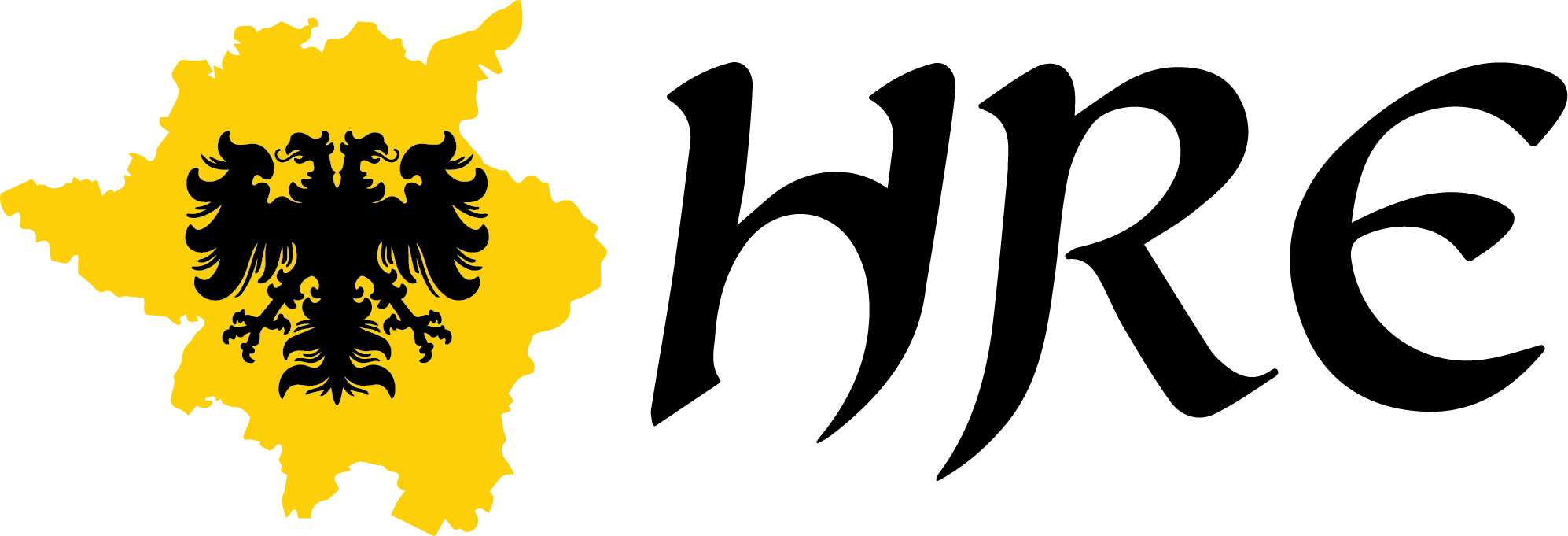Stadt Kaiserswerth
A monastery in Kaiserswerth, on the east bank of the Rhein north of Düsseldorf, was given protection by the East Frankish king in the 9th century. In the 11th century, a palace was built there, which served as an occasional home for the Emperor (Kaiser). In 1145, Kaiserswerth became an imperial city, ruled directly by the Emperor, and in 1174, it became the primary location for the collection of tolls on Rhein traffic.
In 1298, the Archbishop of Cologne wrested control of Kaiserswerth from the Emperor. Being on the opposite side of the Rhein from the rest of the Archbishopric, Kaiserswerth was an independent city, not affiliated with any Amt. In 1772, The Wittelsbachian Elector of the Palatinate assumed sovereignty over the Stadt. Even though Kaiserswerth was surrounded on three sides by the Duchy of Berg, which was in personal union with the Electorate, it was assigned to the Duchy of Jülich on the other side of the Rhein, where it remained unassociated with any Amt.
Chronological list of countries to which Stadt Kaiserswerth belonged
- Electorate of Cologne 1559 - 1772
- Duchy of Jülich (in personal union with the Palatinate Electorate) 1772 - 1777
- Duchy of Jülich (in personal union with Palatinate-Bavaria) 1777 - 1794
